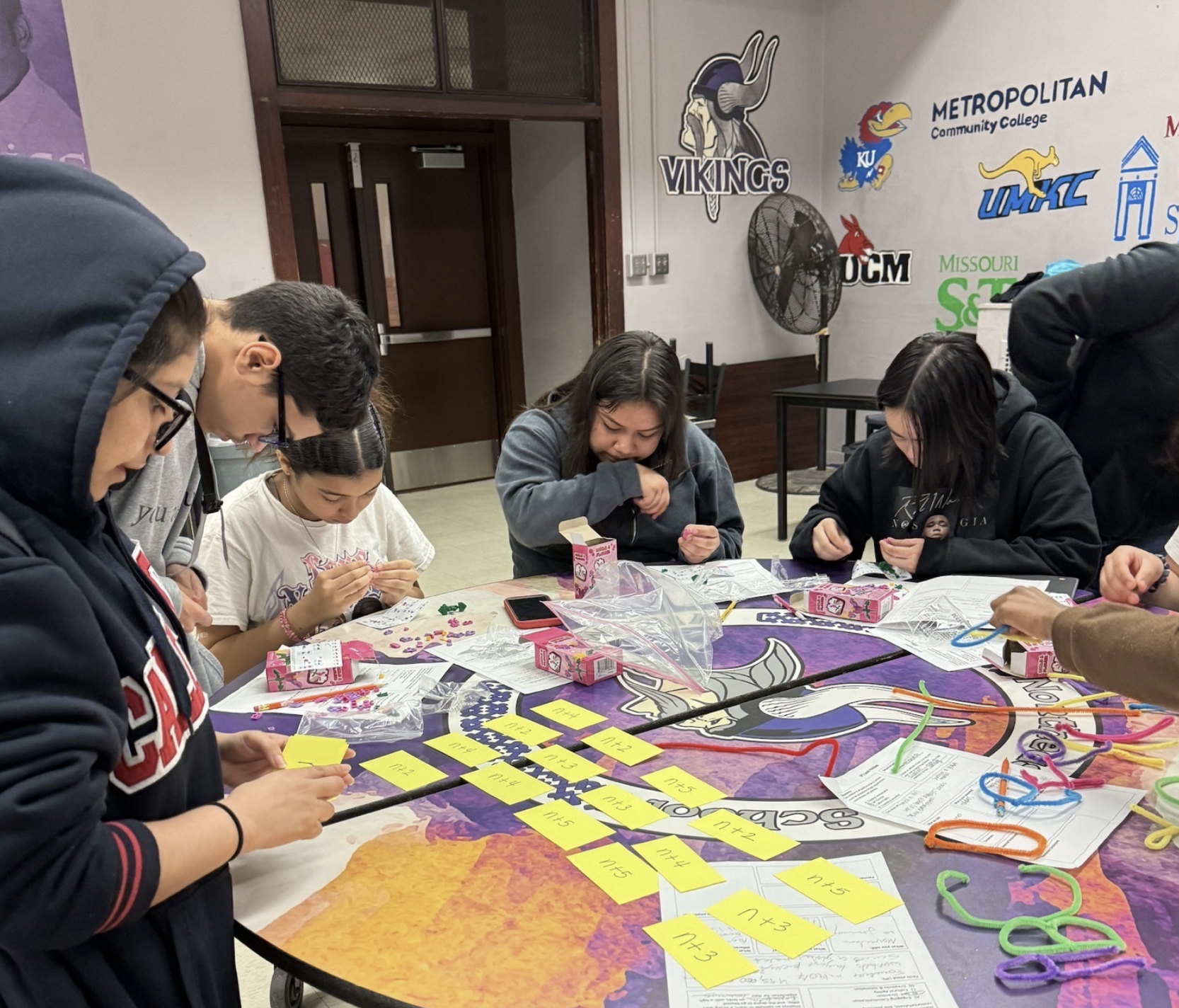Northeast News
July 30, 2014
KANSAS CITY, Missouri – The Kansas City Public Schools superintendent wants to make sure young men of color have the best possible academic and social possibilities afforded to them.
Last week, KCPS superintendent Dr. R. Stephen Green joined President Barack Obama and more than 60 other big-city public school district superintendents from across the country, the Council of the Great City Schools, in a pledge to improve the academic and social outcomes of boys and young men of color.
The primary coalition of the nation’s urban schools, each of the school systems support boosting efforts to prepare males of color for college and careers, to reduce the disproportionate number who drop out of school or who are suspended, and to help them succeed. In a press release, Green said the KCPS is committed to making sure all students receive the “education and guidance they need to become successful contributors to their communities.”
“The President’s pledge aligns perfectly with our goals,” Green said. “It is critical that we meet the needs of our young men of color. My team and I will be working hard over the next weeks and months to develop innovative ways of meeting those needs.”
With roughly 32 percent of the nation’s school-age African American males and 39 percent of country’s school-age Hispanic males enrolled in big-city public schools, urban-school leaders agree that they have an obligation to teach all students to the highest academic standards and prepare them for today’s global society.
Locally, Green has already appointed two members of his staff to lead the KCPS effort in fulfilling its pledge under the Males of Color Initiative. The local effort will look for opportunities to develop community partnerships to benefit young men of color who live within the KCPS district boundaries.
In “A Pledge by America’s Great City Schools,” each of the urban school systems committed to carrying out 11 specific actions include:
• Ensuring that pre-school efforts better serve males of color and their academic and social development
• Adopting and implementing elementary and middle school efforts to increase “the pipeline” of males of color who are on track to succeed in high school, and increasing the numbers participating in advanced placement, honors, and gifted and talented programs
• Keeping data and establishing protocols to monitor the progress of males of color and intervene at the earliest warning signs of problems
• Reducing the disproportionate number of males of color who are absent, suspended, expelled, or placed inappropriately in special education classes
• Working to transform high schools with low graduation rates among males of color and striving to increase the numbers of males of color and others who complete the FAFSA forms for college aid.
The council also announced a partnership with the College Board to work jointly to increase the numbers of males of color participating and succeeding in Advanced Placement (AP) classes in urban public schools.

















